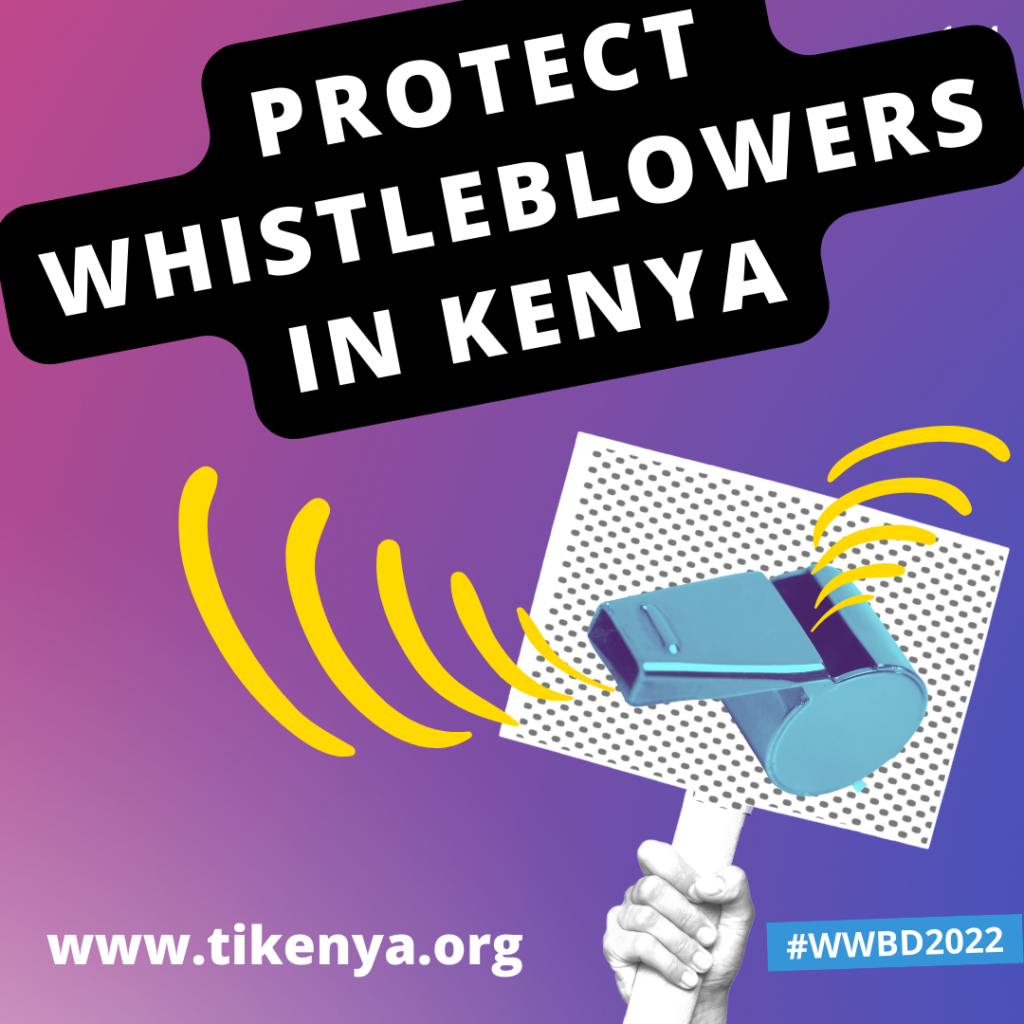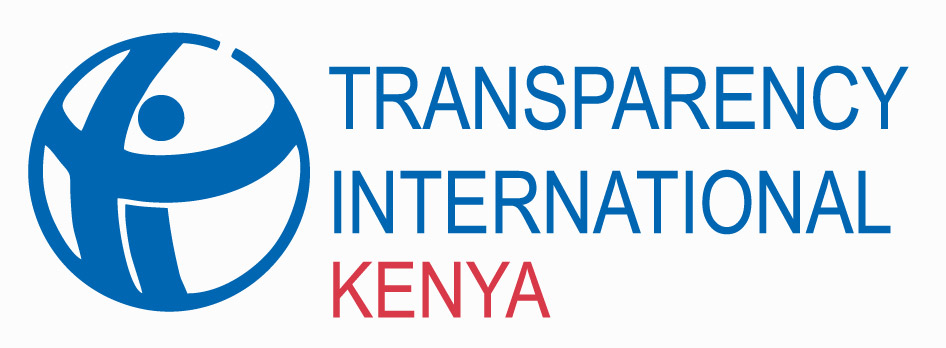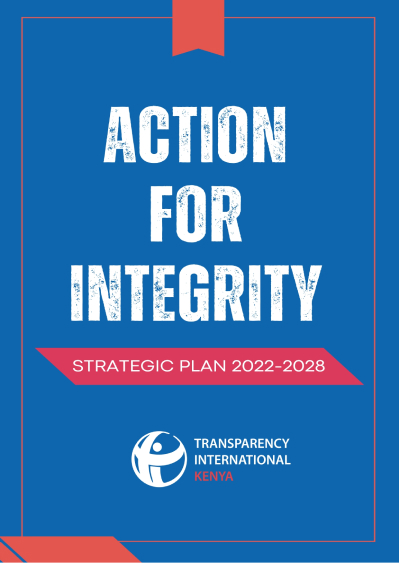 Whistleblowers help reveal more corporate fraud than management reviews and audits together, making them invaluable in unearthing corrupt practices. They are valiant individuals who risk life and limb to come forth to disclose information about corruption, misconduct, illegal activity, or other wrongdoings; unfortunately, whistleblowers in most parts of the world, continue to face retaliation through harassment, dismissal from employment, threats and actual violence.
Whistleblowers help reveal more corporate fraud than management reviews and audits together, making them invaluable in unearthing corrupt practices. They are valiant individuals who risk life and limb to come forth to disclose information about corruption, misconduct, illegal activity, or other wrongdoings; unfortunately, whistleblowers in most parts of the world, continue to face retaliation through harassment, dismissal from employment, threats and actual violence.
The threats and attack on whistleblowers are no different in Kenya, last year, CPA Spencer Sankale – one of the whistleblowers of the ‘Maasai Mara Heist’ that came to light in 2019 was dismissed from duty, and now adds up to the statistics of unemployed Kenyans, and with no regular, reliable income, unable to fend for his young family. Many also recall the story of the late David Munyakei, the whistleblower in the Goldenberg scandal. He eventually lost his job at the Central Bank of Kenya and died a destitute, his family living from hand to mouth long before and long after his demise. There stories are just, but a fraction of the horrendous retaliations that most Kenyans face when they speak up against corruption.
According to the Kenya Bribery Index 2019, by Transparency International Kenya, 87% of Kenyans that witnessed bribery incidents did not come forth with reports on corruption, with 20% of the respondents citing fear of intimidation or reprisal as the reason for holding back. This is a clear sign that Kenyans lack the much-needed confidence in reporting cases of corruption, perhaps occasioned by how they have seen past whistleblowers being treated.
Further, Kenya still lacks a comprehensive policy and legislative whistleblower protection framework in place to ensure that brave individuals who risk their lives and those of their families, enjoy robust protection from all forms of retaliation for coming forth to report corruption or bear witness to ensure perpetrators are convicted and resources lost are recovered. This despite various national, regional and global commitments made to establish a comprehensive whistleblower protection regime, including a commitment to protect, recognise and reward whistleblowers in the 2013 Jubilee manifesto.
Besides, the journey to establish a comprehensive whistleblower protection dating back to 2003 when Kenya ratified the United Nations Convention on Anti-Corruption (UNCAC), and in 2007 when it signed up to the African Union Convention on Preventing and Combatting Corruption. However, the legal framework is weak, ambiguous and scattered in anti-corruption legislations, such as, The Bribery Act (2016), The Anti-Corruption and Economic Crimes Act (2003), and the Public Officer Ethics Act (2003). Even though the civil society continue advocating for the protection of whistleblowers and promoting whistleblowing, the slow progress has largely been due to lack of significant support from the legislature, the executive, and the Judiciary.
The failure of key institutions – the Executive, Legislature, independent commissions, and offices to ensure mechanisms to protect those that come forth with reports of wrongdoing, has negatively impacted whistleblowing in the country. Many individuals implicated in corruption offences continue occupying their offices with others simply being redeployed. This creates a toxic environment for whistleblowers as they end up occupying the same spaces with their perpetrators.
On the legislative aspects, Kenya has never had a comprehensive and progressive whistleblower protection law in place despite sustained calls and pressure from the civil society and other actors for over for over 10 years, the legislature has failed to enact a comprehensive law. This is a function squarely within the mandate of parliament which has dragged its feet for long. Besides, relevant institutions have not given support to this, despite public spirited MPs and efforts by the African Parliamentarian Caucus Against Corruption (APNAC) for the law; sadly, curtains close on the 12th Parliament without passage of Whistleblower protection Bill 2017 and the protected disclosures bill 2019.
The judiciary has also not given whistleblowing the much-needed boost if the infamous John Githongo defamation case is anything to go by. John Githongo, renowned for whistleblowing the Anglo-Leasing case was sued in court by former Minister, Chris Murungaru, for defamation since he was mentioned in the whistleblower record. In a judgement by the High Court in 2019, Githongo was ordered to pay Kshs. 27 million in damages. An appeal in the Court of Appeal, in May this year revised the amount to Kshs. 10 million. That the court still found Githongo at fault in regard to publicly whistleblowing is a clear indication that the concept of whistleblowing is not well understood or appreciated and actually causes fear for whistleblowing. Whistleblowing cannot be subjected to ordinary defamation principles if this country is to win the fight against corruption.
Therefore, as the world is called upon to remember and celebrate whistleblowers this year, Kenya needs to take a step to put in place appropriate and comprehensive protection and other measures to ensure the safety and well-being of those who bear their all to disclose and expose corruption scandals.
The next Parliament should prioritize the enactment of a whistleblower protection law to encourage and facilitate whistleblowing, guard against and punish victimization of whistleblowers, provide for punishment for observing yet not reporting wrongdoings and protecting whistleblowers from reprisal among other key measures. The presidential candidates in the August 2022 elections have proposed various measures to fight corruption if they ascend to high office, none has elaborated measures specific to the protection and recognition of whistleblowers, and Kenyans should demand this as a strong deterrent measure to corruption and other offences.


